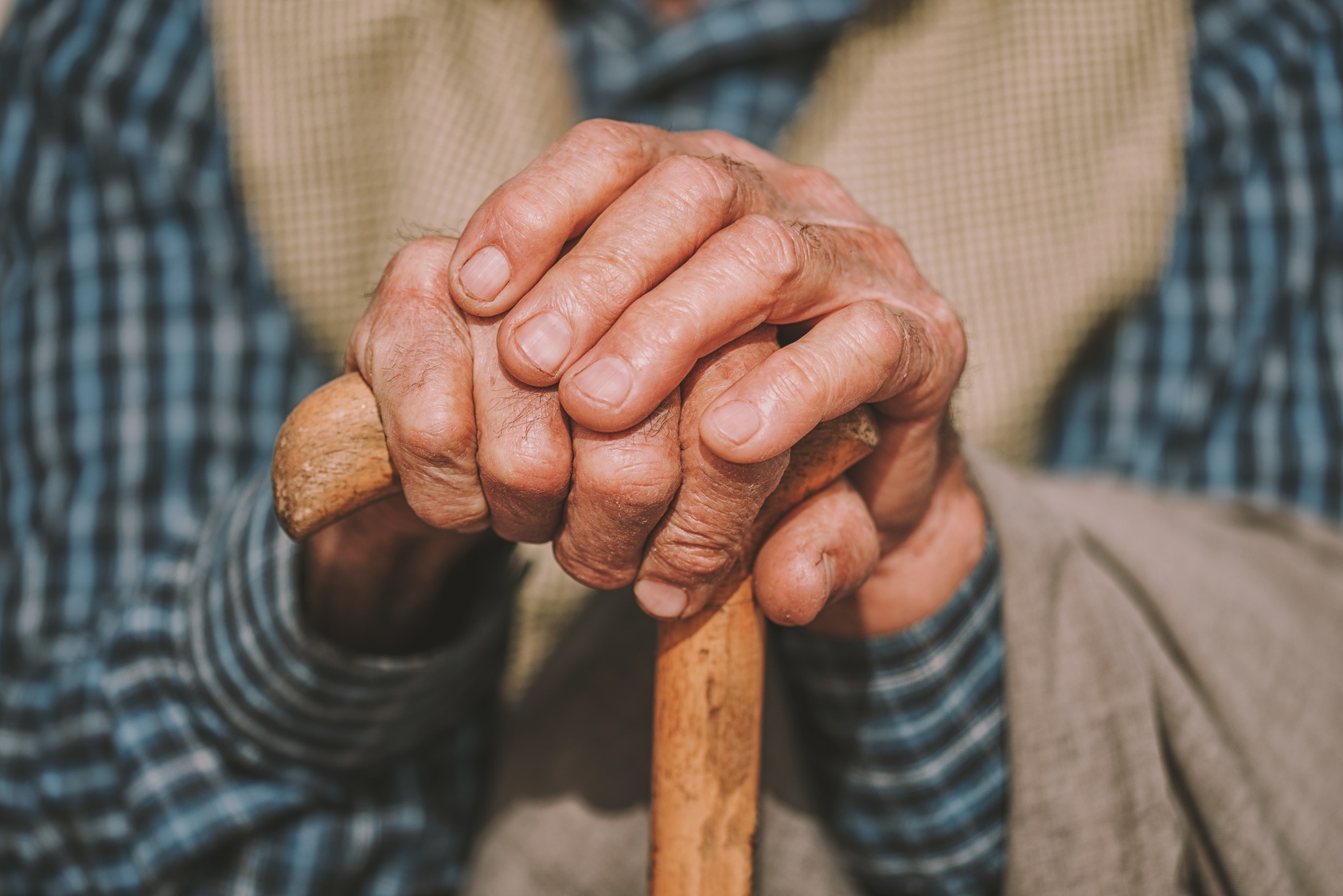
For seniors, healthy aging isn't just dependent upon their physical health. It's also dependent on their maintaining positive attitudes about aging. And, to do that, it's helpful for them — and for family caregivers like you — to understand the stages of aging.
Like earlier phases in our lives, senior adulthood isn't well-described by one stage. Most 60-year-olds' needs are different from those of most 75-year-olds' needs, and still more different from those of most 90-year-olds.
Today, let's examine the stages of aging so that you can help your loved one anticipate his or her changing needs, prepare for them and age positively.
The First Stage: Self-Sufficiency
Seniors at this stage are completely self-reliant. They live in their own homes, apartments or retirement communities.
They don't need support to manage the tasks of daily living — household chores and errands, bathing, dressing, medications, cooking or finances — and require little or no support from family members to manage any chronic disease or disabilities.
Most seniors at this stage are probably a bit resistant to accepting outside help. They are proud of their independence and might even defend it, if questioned.
At this stage, the most positive thing your older loved ones can do to ensure their continued independence and healthy aging is to stay active and practice good preventive medicine.
They should eat right, get their necessary rest and exercise regularly. They should make every effort to stay social and engaged with the community around them. If they're retired, they should pursue second careers, personal passions or goals, volunteer or engage in lifelong learning.
And they should make plans for their future care needs: designating medical and financial powers of attorney, continue practicing sound financial planning, and pre-choosing a residential retirement care provider (in anticipation of changing needs or later illness).
Other than that, life for seniors at this stage is little different from that of middle adulthood.
The Second Stage: Interdependence
Seniors at this stage of aging begin to need some — but not complete — support from their family caregivers.
They may notice the initial stages of memory loss. Their changing physical needs may result in their having increased difficulty with the tasks of daily living or with management of their own health.
And they may begin to feel emotional or spiritual strain: anxiety, depression, fear of the future, or loneliness (especially if they have recently lost friends or a life partner).
In addition to light supportive care — staying in closer touch by telephone, performing more frequent wellness checks, assisting with cleaning, cooking and transportation needs — a family caregiver can help a senior entering the interdependent stage of aging by providing a ready ear for listening and a steady shoulder to lean on.
The Third Stage: Full Dependency
A senior at this stage is no longer able to safely live on his or her own without daily support.
He or she may still be able to age in place, with in-home nursing or other community-based services like Meals on Wheels deliveries or with daily visits from a family caregiver. But the likelihood is that a fully dependent senior will need residential retirement care in the very near future.
It's most important for loved ones to provide patient emotional support, and to point out the positive aspects of aging that remain: visits with children, grandchildren and great-grandchildren, having time to go out with and experience new things (restaurants, community events, travel as health allows, etc.) and, if physical needs are the only limiting factor, their continued memory health.
The Fourth Stage: Infirmity
At this stage of aging, your loved one's survival is dependent upon close medical support. He or she may still be mentally aware, but worsening chronic illness or advanced age is taking its toll. Or, a senior at this stage may be in the moderate to late stages of dementia and require residential memory care.
Regardless of the underlying reason, at this stage, your loved one requires more care than you can safely or effectively provide at home. Residential senior care or memory care placement is necessary.
But that doesn't mean that positive aging is now impossible. Many seniors in residential retirement care are quite happy and satisfied in their daily lives.
Here at Marjorie P. Lee, for example, our staff works tirelessly to ensure that our elder residents know that they are valued — that their shared wisdom and life experiences are significant contributions to our lives, to their loved ones' lives and to our community as a whole.
And we provide a positive, thoughtful presence in their lives, too. We plan activities and outings, encourage them to socialize with us and with their neighbors, and do everything we can to safeguard their dignity and inspire joy in their remaining years.
The Fifth Stage: End of Life
Seniors at this stage of life are approaching the end. But that doesn't mean that they feel sad — especially if they continue to have close emotional and spiritual support from their loved ones, neighbors and friends.
Positive aging can extend to the moment of death, if a senior knows that he or she is cherished and loved, and never feels alone. The most important responsibility of the family caregiver at this stage is just to be present and emotionally available.
Learn more about the stages of aging at Refresh Your Soul
Our sold-out TriHealth Refresh Your Soul positive aging conference, presented by the Alzheimer's Association of Greater Cincinnati, will be held at Xavier University's Cintas Center on March 12.
At it, seniors and family caregivers alike will learn from leading gerontologists, family therapists and elder care experts how to ensure positive aging throughout all the stages of later adulthood.
Want to learn more about positive aging and the stages of healthy senior living? Click here.












